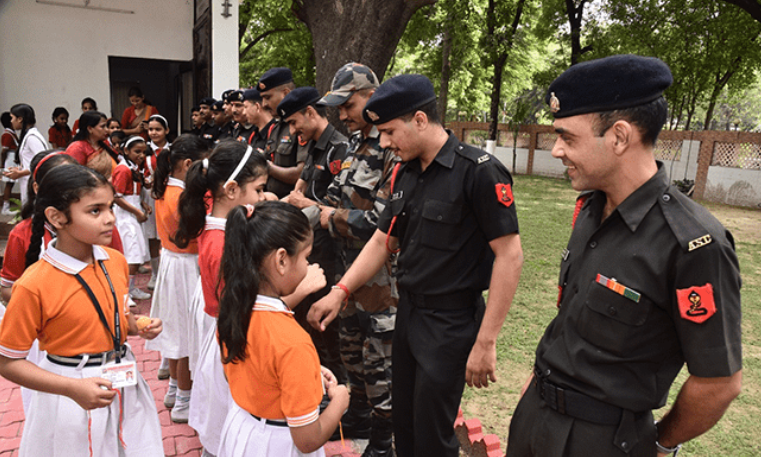
It has been three years since the massive, country-wide protests against the Citizenship (Amendment) Act, 2019 (CAA). While the peaceful protests were an exercise of democracy by rights-holding citizens, there were also violent reactions in several states. In the aftermath of the violence, there has emerged a pattern of police work that seems to undermine the principles of natural justice through a process of “unmaking of the victim”. In Uttar Pradesh since December 2019, and in Delhi since the February 2020 riots, the police have been accused of erasure of victimhood, and the transformation of victims into culprits.
UP, during the anti-CAA protests, was the state that was worst impacted by police brutality, looting and the destruction of property. Among other losses, the violence that ensued led to the deaths of at least 23 Muslim men across the state, of which, 22 died as a result of gunshot injuries. Following the UP police’s handling of the cases in the districts of Firozabad, Meerut, Kanpur, Bijnor, Sambhal, Muzaffarnagar, Rampur and Lucknow, many of the families of the deceased have lost hope for justice. In most of the cases, the UP police have filed final reports stating a lack of evidence, or in some instances, they have levied the charge against “four to five thousand unknown protestors”. A common thread in all the cases is the derecognition of the deceased person as having been a victim of crime.
This seems to have occurred in three ways.
First, the act of protest was itself criminalised. The participants were labelled as miscreants, and the sit-ins as nuisances. Thus, those who died of gunshot injuries were incriminated by virtue of their presence at the protest.
Second, many first information reports (FIRs) were not filed. In the cases of killings, the families of the victims alleged that the police refused to record their FIRs. Complaints that assigned responsibility for the deaths to police excesses were reportedly turned down. It has been alleged that even in FIRs recorded, the narrative of the incident was marked by omissions.
This story was originally published in indianexpress.com . Read the full story here






